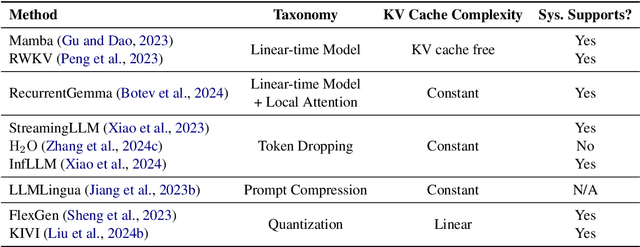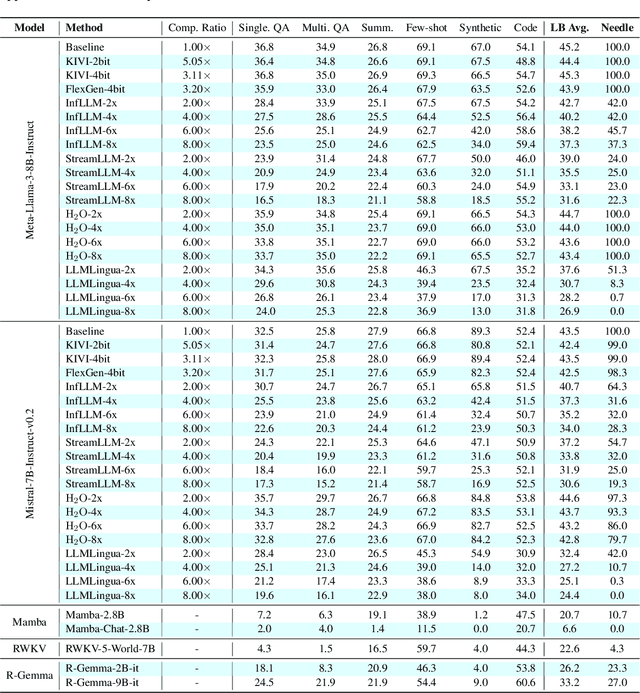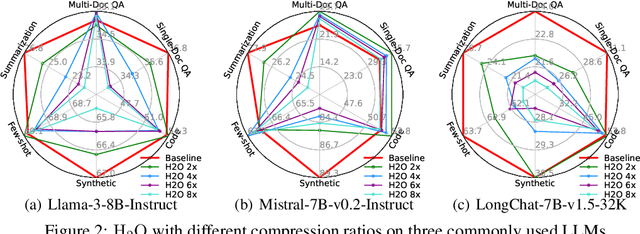Zhong
Stop Overthinking: A Survey on Efficient Reasoning for Large Language Models
Mar 20, 2025Abstract:Large Language Models (LLMs) have demonstrated remarkable capabilities in complex tasks. Recent advancements in Large Reasoning Models (LRMs), such as OpenAI o1 and DeepSeek-R1, have further improved performance in System-2 reasoning domains like mathematics and programming by harnessing supervised fine-tuning (SFT) and reinforcement learning (RL) techniques to enhance the Chain-of-Thought (CoT) reasoning. However, while longer CoT reasoning sequences improve performance, they also introduce significant computational overhead due to verbose and redundant outputs, known as the "overthinking phenomenon". In this paper, we provide the first structured survey to systematically investigate and explore the current progress toward achieving efficient reasoning in LLMs. Overall, relying on the inherent mechanism of LLMs, we categorize existing works into several key directions: (1) model-based efficient reasoning, which considers optimizing full-length reasoning models into more concise reasoning models or directly training efficient reasoning models; (2) reasoning output-based efficient reasoning, which aims to dynamically reduce reasoning steps and length during inference; (3) input prompts-based efficient reasoning, which seeks to enhance reasoning efficiency based on input prompt properties such as difficulty or length control. Additionally, we introduce the use of efficient data for training reasoning models, explore the reasoning capabilities of small language models, and discuss evaluation methods and benchmarking.
KV Cache Compression, But What Must We Give in Return? A Comprehensive Benchmark of Long Context Capable Approaches
Jul 01, 2024



Abstract:Long context capability is a crucial competency for large language models (LLMs) as it mitigates the human struggle to digest long-form texts. This capability enables complex task-solving scenarios such as book summarization, code assistance, and many more tasks that are traditionally manpower-intensive. However, transformer-based LLMs face significant challenges with long context input due to the growing size of the KV cache and the intrinsic complexity of attending to extended inputs; where multiple schools of efficiency-driven approaches -- such as KV cache quantization, token dropping, prompt compression, linear-time sequence models, and hybrid architectures -- have been proposed to produce efficient yet long context-capable models. Despite these advancements, no existing work has comprehensively benchmarked these methods in a reasonably aligned environment. In this work, we fill this gap by providing a taxonomy of current methods and evaluating 10+ state-of-the-art approaches across seven categories of long context tasks. Our work reveals numerous previously unknown phenomena and offers insights -- as well as a friendly workbench -- for the future development of long context-capable LLMs. The source code will be available at https://github.com/henryzhongsc/longctx_bench
 Add to Chrome
Add to Chrome Add to Firefox
Add to Firefox Add to Edge
Add to Edge